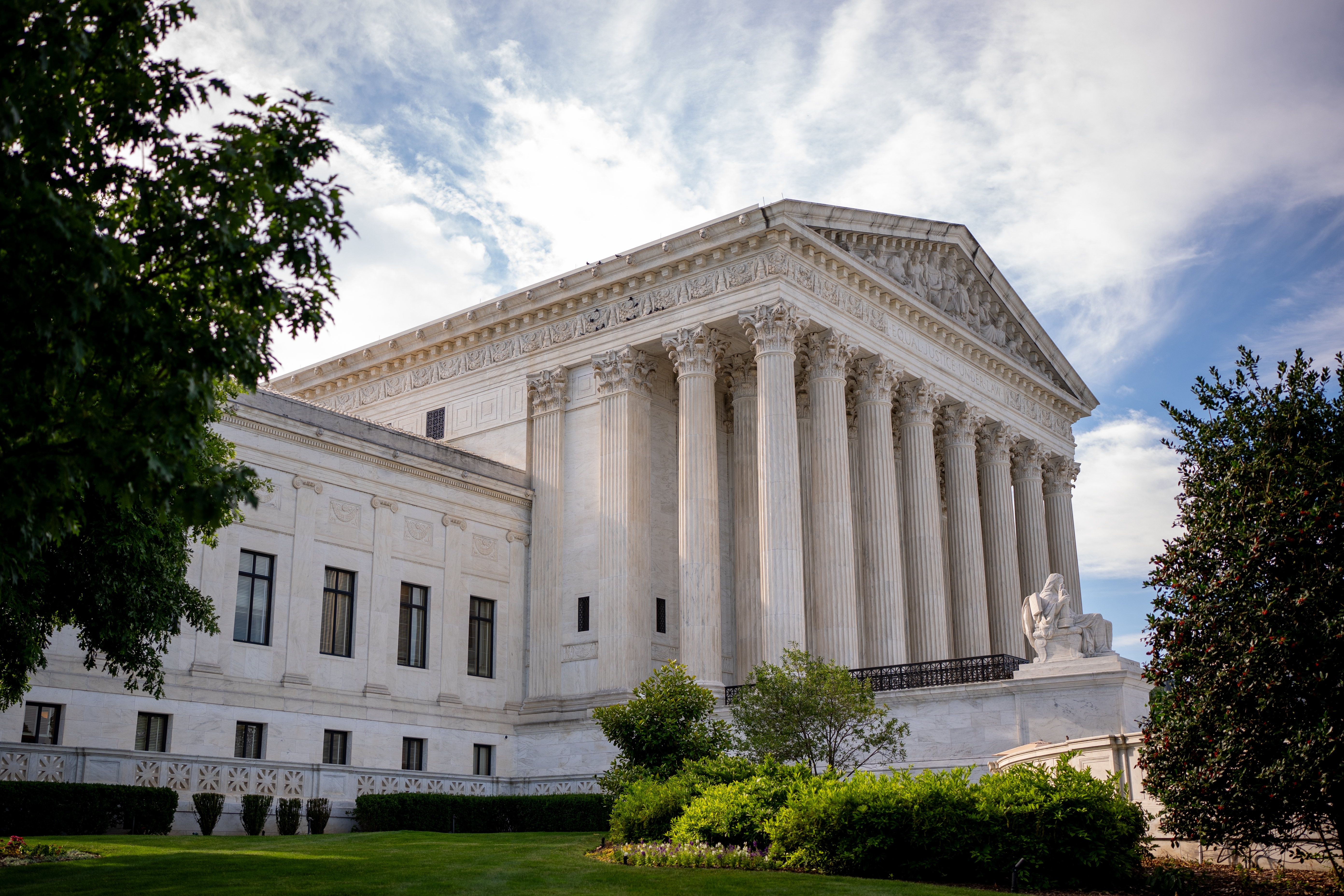Summary
The Supreme Court decided not to stop a Mississippi law that requires users to verify their age before using social media sites. The decision means the law will go into effect, although there are questions about its constitutionality. A group representing tech companies argues the law restricts free speech.
Key Facts
- The Supreme Court did not intervene in the decision to allow the Mississippi social media law to take effect.
- The law requires users to prove their age before accessing social media sites like Facebook and Instagram.
- Justice Brett Kavanaugh noted that while the law might be unconstitutional, the court could not grant interim relief at this time.
- The law also prevents minors from using social media without parental consent and requires social media platforms to block harmful materials for children.
- NetChoice, a tech industry association, sued, claiming the law violates the First Amendment, which protects free speech.
- A district court initially blocked the law, agreeing with NetChoice's arguments.
- The Fifth Circuit Court of Appeals later lifted this block, allowing the law to proceed while the case continues.
- The Supreme Court's refusal means the law can be enforced for now.

